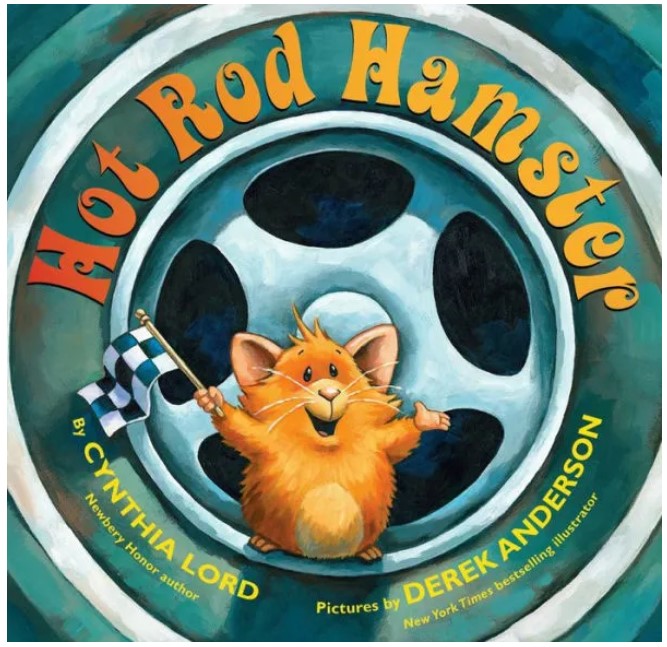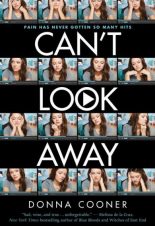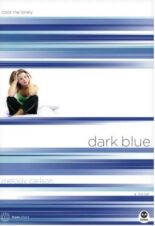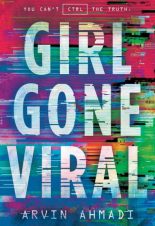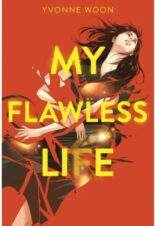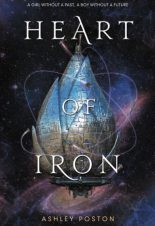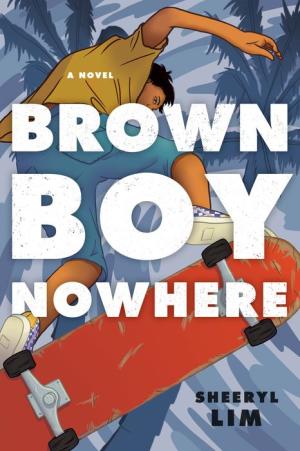
Buy This Book
“Things aren’t always black and white. Sometimes they’re brown . . . I finally feel like I belong somewhere again,” Angelo Rivera. — Brown Boy Nowhere
Brown Boy Nowhere
by Sheeryl Lim
Diverse Characters, Teaches About Culture
14+
Score
5.0
334
Sixteen-year-old Angelo Rivera is from the bustling city of San Diego where his parents owned a Filipino restaurant. Now, Angelo has moved across the country to Ocean Pointe where Angelo and his family are the only Asian people in the entire town. He’s left behind all of his friends, and his girlfriend Amanda, so his mom and dad can run a new restaurant called Sloppy’s Pit Stop. To make everything worse, Angelo wants to participate in a skateboarding competition in California, but the only way he can go is if he pays for his own plane ticket by working at Sloppy’s. But Angelo has a plan: Convince his aunt to let him stay in California so he can be with his friends and Amanda. He’s determined to leave Ocean Pointe behind for good.
Angelo’s plans go awry when he meets fellow outsiders Kirsten and Larry. All three of them are seen as outcasts by the students at Ocean Pointe High School where football players and cheerleaders are at the top of the social hierarchy. Kirsten abandoned cheerleading for art and Larry is the grandson of a known drug dealer. Both ask Angelo to teach them how to skate, boosting their self-confidence and creating a small group of friends for Angelo. After Amanda breaks up with Angelo over the phone, he begins to grow closer to Kirsten. As a result of bonding with Kirsten, a fight breaks out at OPHS that results in Angelo being more seen than ever.
Brown Boy Nowhere is a prose-style novel that is told from Angelo’s first-person perspective. As a result of being told in Angelo’s perspective, the reader will experience the same prejudice and violence Angelo does. This allows readers who aren’t Asian to understand the unique situations Asian people face in a racialized society. The story hits close to home for many Asian readers who understand what it’s like to be the only Asian person in a majority white town, school, or area.
Readers who aren’t Asian will also learn that some “jokes,” such as Asian people eating dogs and cats, are microaggressions that create lasting scars for their Asian peers. Even simple questions can be microaggressions depending on the person to whom they’re directed. For example, when Angelo first meets Larry, Larry asks Angelo where he’s from. When Angelo says he’s from California, Larry responds with, “No. I mean, where are you really from?” Such a question insinuates that Asian people do not, and will never belong in America and isolates Asian peers from their white peers.
Angelo also does his best to educate his new friends Kirsten and Larry on anti-Asian racism and microaggressions, calling them out on their blanket statements about Asian people. Angelo even tells Kirsten that saying, “I do not see race” is a microaggression and explains to her why. Angelo says, “I get that some people who say it mean well. But saying you don’t see race disregards my identity. I’m Asian. I’m proud of it. If you don’t see race, then you’re ignoring that part of me.”
Brown Boy Nowhere is a fascinating novel that tells a story about an Asian teenager finding himself in a town where he feels like he does not belong. The book has many early 2000s references, such as Angelo comparing Kirsten to actress Kirsten Dunst, and even has the feel of a 2000s teen movie. The book is not set in the early 2000s, but it provides Angelo with another interest and supplements his thoughts. It also tackles the incredibly complex issue of anti-Asian racism and the unique experience of a member of the Asian diaspora. Some events in the novel, such as the star football player named Grayson, vandalizing Sloppy’s, feel unrealistic and have unrealistic consequences. However, the novel is a perfect read for people who like coming-of-age dramas and want to learn more about the challenges Asian teenagers face in a world that expects them to be invisible.
Sexual Content
- Angelo recalls that on his last night in San Diego, he had sex with his girlfriend Amanda. “Heat creeps into my cheeks. I don’t know what I expected losing my virginity would be like, but my fantasies certainly didn’t include me blubbering like an idiot, telling her how much I’d miss her.”
- After Angelo saves Kirsten from being hit by a car, she gives him a kiss on his cheek. “I frown curiously as she takes a giant step toward me, letting out a soft gasp when she presses her soft lips against my cheek.”
- While in the warehouse together, Angelo expresses a desire to kiss Kirsten. “My gaze flits down to her bottom lip. I want to kiss her. I want to kiss her more than anything in the world. More than skate competitions, burger patties, and even plane tickets to California.”
- When Kirsten takes him to the beach, Angelo finally kisses her. “Pushing all second-guessing aside, I finally lean forward. I press my lips against hers. She takes a sharp breath against my mouth, stiffening for a second. Quickly, she relaxes and kisses me back, raking her fingers through my wet hair, tugging at the ends lightly.” They continue to make out for a page.
- Angelo’s ex-girlfriend, Amanda, accidentally sends him a sext which includes “a photo of her chest with nothing but a tiny bikini top covering her, um, assets.”
- After clearing up the misunderstanding because of the sext, Angelo and Kirsten kiss again. “Kirsten opens her mouth to speak, but before she can say anything I reach over and cup my hand over the back of her neck, pulling her into me. I press a kiss into her lips, quieting any lingering doubt she might have about me. My feelings for her. Us.”
Violence
- Angelo decides to skate away from a group of boys who are harassing him. One of the boys throws a rock at Angelo which results in him falling off his skateboard. “The next thing I know, something jams against my front wheels. Before I can react, I’m flying off my board. On instinct, I stick my hands out to stop my fall, but I’m at a weird angle and land cheek first into the parking lot.”
- When Grayson learns that Angelo and Grayson’s ex-girlfriend are friends, Grayson punches Angelo in the school hallway. Angelo tells Grayson he’s being racist. The scene lasts for 8 pages. Angelo doesn’t “even get to finish my thought. A blinding pain hits me square in the jaw. Sharp and intense. I stagger back, gasping for anything to hold on to, only to smack my open palms against the cold locker . . . Grayson keeps his fist up to my nose. His knuckles are bright red.”
- To prevent Kirsten from being seen by the Sheriff, Angelo tackles her onto the grass. “Without thinking twice, I push off my board and tackle Kirsten onto the grass lining the street. We crash and find ourselves rolling into a ditch.”
Drugs and Alcohol
- When exploring Ocean Pointe, Angelo ends up at the high school where he sees a group of guys holding cigarettes. “Cigarettes glow from between their fingers as they stare me down, scanning me from head to toe.”
Language
- The word “shit” and other variations of the word are used frequently.
- The words “ass” and “asshole,” along with their variations, are used often.
- “Bitch” and “bitchy” are used often in the novel, typically in relation to female characters.
- “Fuck” is thrown around a lot by the characters in the story.
- Angelo faces multiple microaggressions from his white peers, many of them relying on the racist stereotype of Asian people eating cats and dogs. A football player even says, “Guess that makes this here brown boy the dog, huh? You are what you eat.”
- The football players who bully Angelo often call him “brown boy” as an insult due to Angelo being Filipino and having brown skin.
- Angelo calls his friend from San Diego, Mackabi, a “dipshit” affectionately.
- Angelo says he “feel[s] a bit dickish” for objecting to teaching other students how to skate.
- When Kirsten implies that Angelo’s bullies confront change by being aggressive, Angelo says, “That’s bullshit. Being scared isn’t an excuse to be racist. That’s just damn ignorant. You don’t call someone ‘brown boy’ or say he eats dogs just because he’s new to town.”
- When Grayson says he isn’t racist, Angelo calls Grayson a “delusional dick”
Supernatural
- None
Spiritual
- None
by Emma Hua
“Things aren’t always black and white. Sometimes they’re brown . . . I finally feel like I belong somewhere again,” Angelo Rivera. — Brown Boy Nowhere
Latest Reviews

Friends Fur-Ever

Harry Houdini: A Magical Life

The Greedy Gremlin

Hoop Genius: How a Desperate Teacher and a Rowdy Gym Class Invented Basketball

Our Violent Ends

Healer of the Water Monster
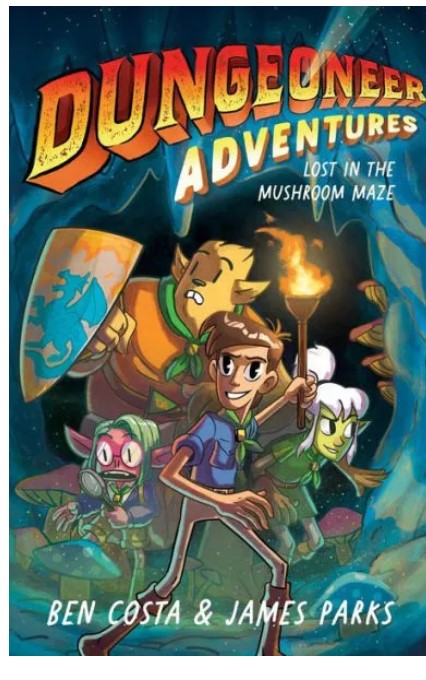
Lost in the Mushroom Maze

Sticks and Stones
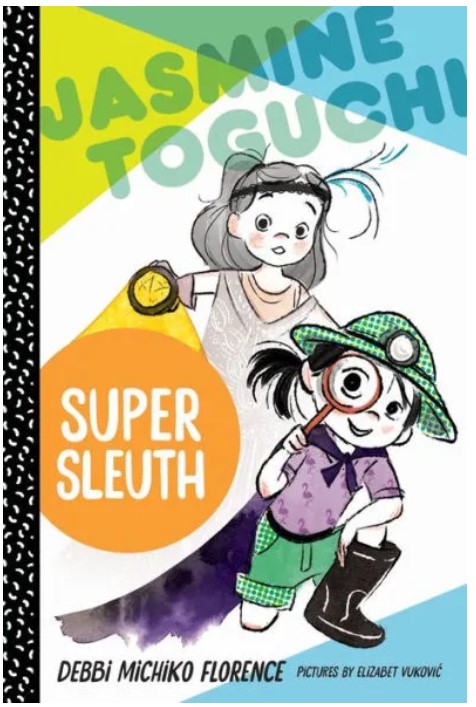
Jasmine Toguchi, Super Sleuth
